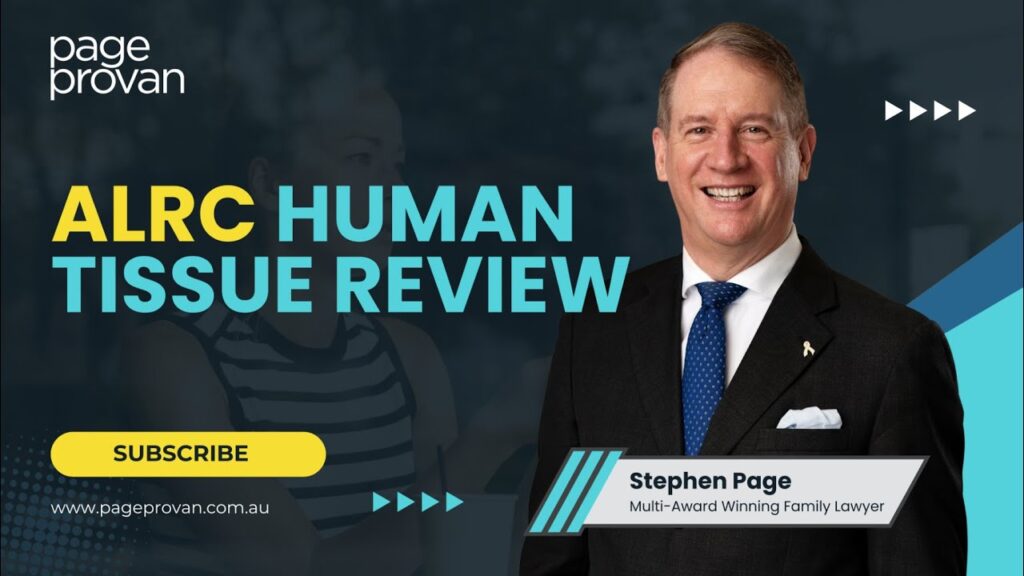Case: disclosure applies to child support
In Wibert and Maxwell, the father sought to reduce his child support assessment but failed, because he failed to make full and frank disclosure of his financial circumstances, the court applying the test for disclosure in property settlement cases.
The litany of his failure included:
“In an effective cross-examination the Father:
was evasive about his earnings and taxable income;
admitted that he was being paid $240.00 a week net, and not gross as he had claimed, from the Business;
admitted that he was not the sole shareholder in the Company, and that he had a business partner;
said that he was responsible for all of the debt in the Business (i.e. that his business partner had no liability for any of the debts of the Business);
admitted that he had given positive projections to a bank concerning the Business when seeking loans;
admitted to having a poor memory;
said did not know how much he had paid in child support over the last five years;
tried to justify a figure of $169,000.00 as his current share of the value of the house on the basis that it was mortgaged;
admitted failure to disclose the balance of his Commonwealth bank account (which he then proceeded to say ranged from minus $20.00 to $200.00);
admitted failure to declare his interest in the Company or the Business (and hence there is no value ascribed to the Business);
admitted failure to include the amounts he had been paying in child support since June 2007;
admitted failure to disclose significant other expenditure for items such as food, household supplies, electricity, telephone, dental, medical and hairdressing;
claimed the Financial Statement form was “absolutely ridiculous”;
said he had no idea what the exact amount of his liabilities was;
said that a significant number of the aged payables in Annexure B to the Father’s Affidavit had since been paid;
said he did not know how far the Business was now behind in the payment of rent;
indicated that “we” pay the monthly repayments on a $214,000.00 loan from Liberty Financial, without indicating who “we” were.
“In response to questions from the Court during cross-examination the Father:
did not directly answer the suggestion that it was wrong of him to say that he had forgotten to fill out that part of the Financial Statement asking whether he had an interest in a business when he had in fact written “NIL” as the answer to the question; and
said the amount of the repayments on the Liberty Financial loan had recently increased.
“The overall impression that the Father conveyed in cross-examination was that he was not prepared to fully disclose his financial circumstances and that he did not care if his answers were argumentative, vague or misleading.”
And on it went- a clear demonstration of a man who should not have gone to court.












